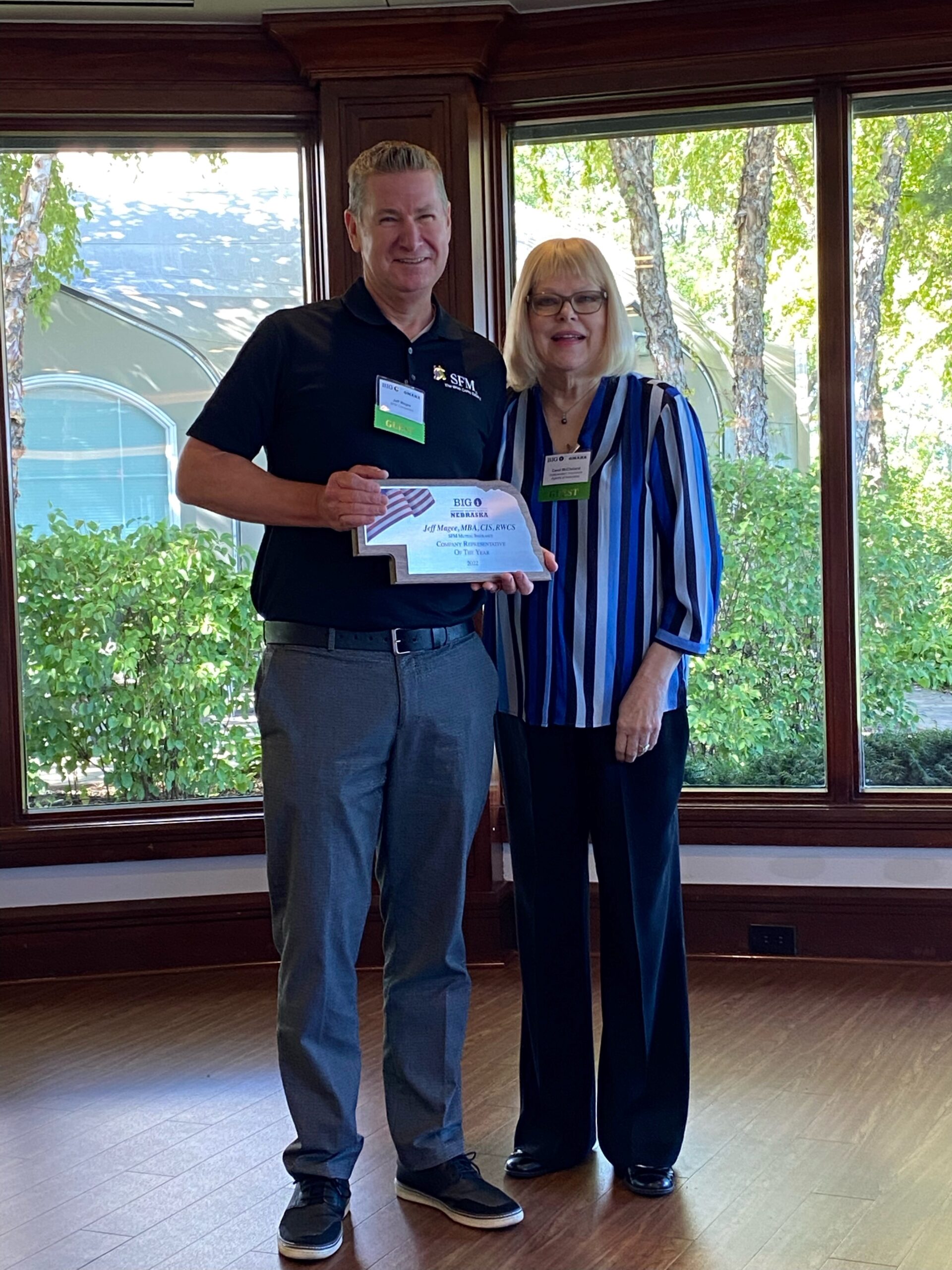As an agent, you know you can rest easy when one of your customers has a workers’ compensation claim being handled by SFM.
Our unique combination of effort, expertise and empathy allows us to provide the superior service that our customers and their employees rely on.
As a monoline carrier solely focused on workers’ compensation, we’re able to offer specialized service that’s tough to match.
Experienced claim adjusters and team-based approach
Our claim adjusters average 10 years of tenure with SFM, and many had prior experience before working here.
They’re highly skilled in guiding injured workers through challenging times and helping them regain their health and productivity. They also support policyholders as they navigate their role in the workers’ compensation claim process.
When they encounter a difficult claim, our claim representatives have a variety of resources available to them including doctors, nurses, claim technical specialists and workers’ compensation attorneys.
Experienced claim representatives often say our rich support structure, and lower-than-average caseloads set us apart from other carriers.
Another differentiator is our team-based approach. SFM claim representatives work as part of cross-functional teams including underwriters, nurse case managers and loss prevention representatives, allowing them to provide holistic service to their customers. For example, a claim representative may provide insights to a loss prevention team member, who can then work with the policyholder to prevent similar injuries in the future.
Enhancing the customer experience of our injured workers is a key focus area for us as well. For example, workers can speak with specially trained nurses when they report through our SFM Work Injury Hotline, and they can access their claim and payment information 24/7 through our online portal.
We are not only proud of the significant tenure of our experienced claim representatives, but we’re also investing in the future of our claim operations through a claims training program this summer. At SFM, we are continually working to ensure we maintain our high level of claim handling for years to come.
Medical cost containment and better outcomes
We help employers keep their claim costs, and resulting premium increases, under control in a variety of ways, including:
- In-house medical bill review — ensures bills are within state guidelines and reflect services delivered
- In-house special investigations unit — investigates potential fraudulent claims and makes subrogation recoveries
- In-house prescription drug clinical review nurse — monitors prescriptions closely to identify signs of addiction and cost containment opportunities
- Pharmacy benefit manager — provides best pricing for prescription drugs
Our in-house doctors and nurses help make sure injured workers are getting the most effective treatments for their injuries, improving the chances of reaching the best possible outcomes for the employees.
Claim service support in growth states
Over time, SFM has established claim handling expertise in a growing number of states. We have teams based in Minnesota, Wisconsin, Iowa and Nebraska. Claims in these states and South Dakota are all handled by our in-house claims representatives.
Claims from other states are handled by Gallagher Basset with oversight by SFM’s claims technical team. Our claims technical specialists pay special attention to claims originating in these states and they can assist agents and policyholders when needed.
Service you can count on
No employee or employer wants to deal with a work injury, but when injuries occur, our skilled and compassionate SFM claim staff is here to offer the expertise and support needed to reach the best resolution possible for everyone involved.
For more information on SFM’s services, contact your SFM underwriter.
View more Agent Agenda articles

